Team
We are an interdisciplinary research team exploring nature-inspired computing in cybernetics and art.

Our computer science work investigates how emergent forms of memory and hierarchy allow digital evolution to build programs in dynamic, partially-observable, and multi-task predictive control environments. This work is published in international journals and conference proceedings and has won best paper awards at EuroGP 2017 and GECCO 2017, and a 2018 Silver “Humie” Award for Human-Competitive Results Produced by Genetic and Evolutionary Computation.
Our research-creation works use techniques like genetic programming as raw material for storytelling, activism, and public engagement. The results are mechatronic art/science hybrids that have been exhibited at major international venues such as LABoral Art and Industrial Creation Centre (Gijón, Spain), MUTEK Festival of Digital Creativity (Montreal, Canada), Nuit Blanche (Paris, France), and the Art Gallery of Nova Scotia.

Stephen Kelly is an Assistant Professor in the Department of Computing and Software at McMaster University and a professional media
artist. He received his PhD in computer science from Dalhousie University and completed an NSERC post-doctoral fellowship at the
BEACON Center for the study of Evolution in Action at Michigan State University. In 2022 he was a visiting researcher at Google Brain. Prior
to studying computer science, Stephen completed a Bachelor of Fine Arts at the Nova Scotia College of Art and Design.
spkelly@mcmaster.ca

Yasmin Ahmadi is a Master’s student in Computer Science at McMaster University, exploring computational neuroscience and bio-inspired artificial intelligence. She is researching how evolutionary algorithms, inspired by neurobiological principles, can be used to evolve predictive models similar to those in the human auditory cortex.
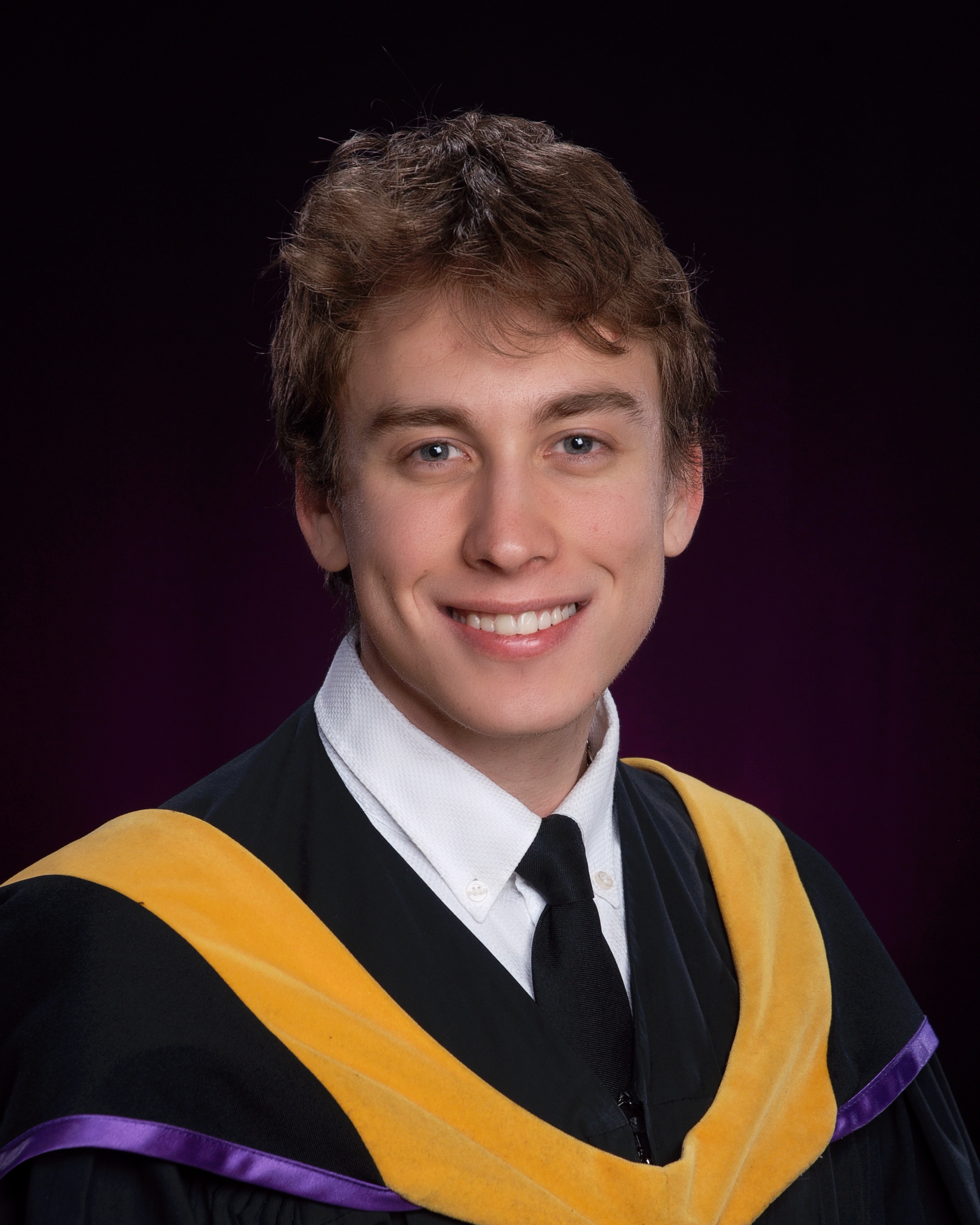
Xavier Hill Roy is a Master’s student in Computer Science at McMaster University. His research explores the intersection of evolutionary computation and computer vision, with a particular interest in interpretable AI. Previously, Xavier completed an Honors Specialization in Computer Science at Western University (2025), where he worked on improving JPEG XL using genetic algorithms. Outside of research, Xavier enjoys meditating and reading.
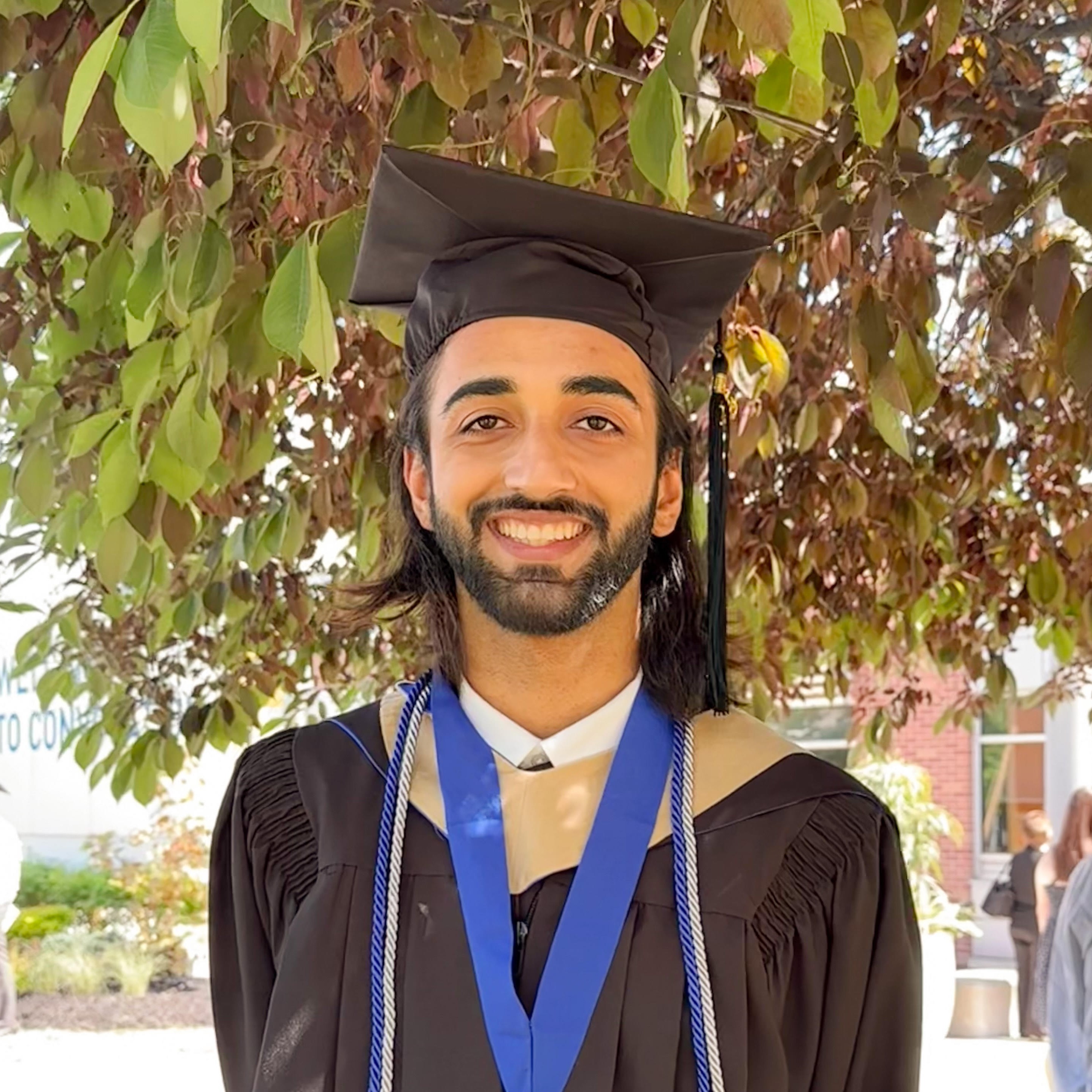
Ali Naqvi is a PhD student in Computer Science at McMaster University. Ali’s research investigates sequential decision-making
models for time series forecasting with a particular interest in developing models that emulate the brain. Previously, Ali completed a B.S in
Computer Science at the University of Windsor. Outside of school, he enjoys reading classical literature.

Yiding Li is a PhD student and alumnus from McMaster University. He is interested in studying the evolution of emergent behaviours in
partially observable dynamic environments. MEng Report

My name is Xiaochen Li (Chris ). I’m currently pursuing a Ph.D. in Computer Science, co-supervised by Dr. Stephen Kelly and Dr. Giamou. My research is focuses on applying genetic algorithms to optimize robot design, particularly in the context of embodied intelligence and adaptive morphology. Beyond research, I’m also interested in areas like natural language processing and emotionally intelligent companion robots. For example, systems like Emo or Vector that can interact with humans in more empathetic ways.
In my free time, I enjoy playing music, guitar, watching animation, and exploring different kinds of video games.
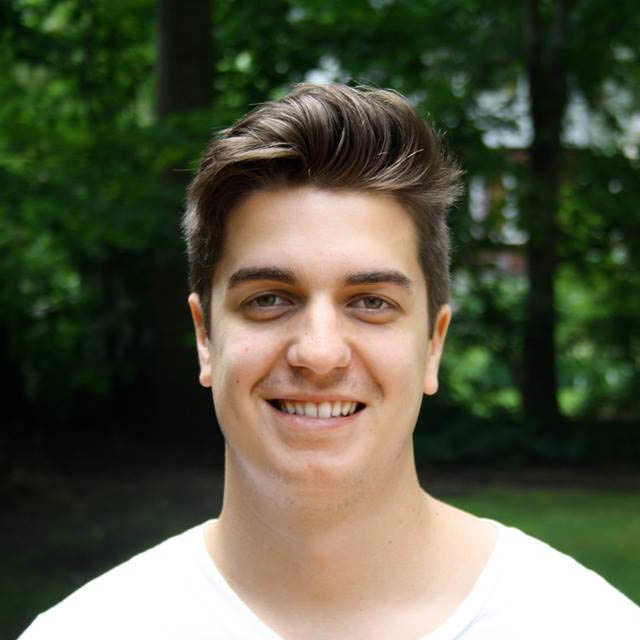
Jeff Lupker holds a PhD (Composition, 2021) from The University of Western Ontario’s Don Wright Faculty of Music where he also completed both his MMus (Composition, 2016) and BMus (Theory and Composition, 2014). His dissertation involved the creation of artificially intelligent software to aid in the composition of new music. This software relied on cutting edge deep learning language models that were repurposed to create music autonomously and could interact with popular music creation software. During his PhD he also published peer-reviewed journal articles and book chapters in the fields of deep learning, machine learning and music. Past projects have also included spatialization of sound using mobile phones, collaborative live music performances using web applications, live coding in music and the use sentiment analysis and social media as compositional tools in creating, controlling, or modifying electroacoustic music.
Jeff co-founded the company Staccato, which is an AI music co-writer for music producers and composers. Staccato is the maker of the AI Instrument™ which is a plugin available for any DAW that can listen to your music and create original MIDI that fits your style. Or, producers can create any stems simply by asking for it, then make any modifications by continuing to talk with the plugin until it is perfect. This allows music producers to combat writer’s block, inspire creativity and increase their ability to write in any style or genre.
Beyond music research and Staccato, Jeff is an active performer on primarily guitar, bass, banjo and keyboards and has played across Canada and USA with singers such as Canada/America’s Got Talent finalist Stacey Kay and Canada’s Drag Race Winner Priyanka. He has also worked in music theatre with the Grand Theatre Company in London and Music Stage Co. in Toronto.
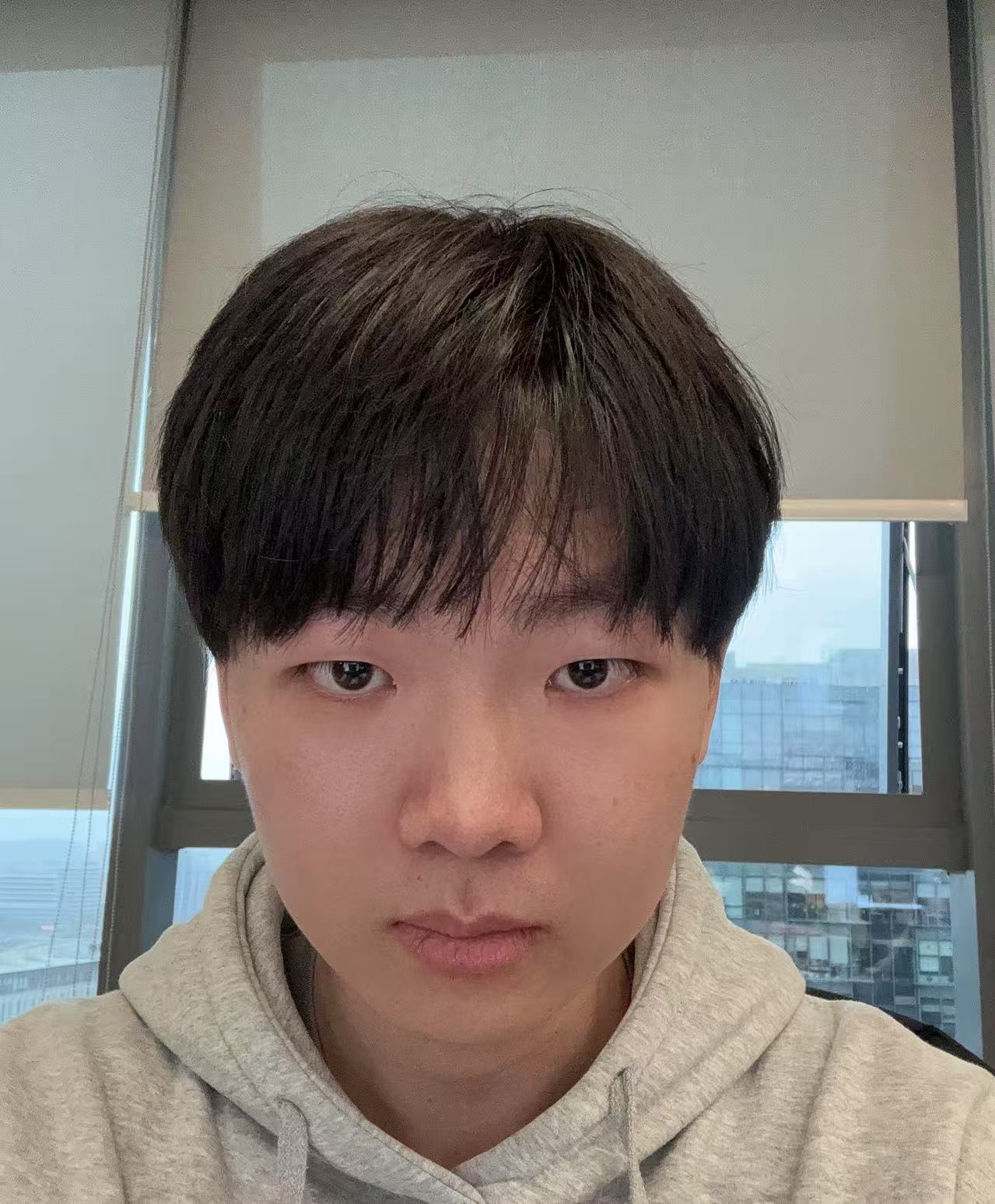
Ramsay Shao is a PhD student in Computer Science at McMaster University, exploring computational neuroscience and bio-inspired artificial intelligence. His research on how brain-aligned models and self-organization systems can evolve predictive mechanisms for context-dependent language understanding, drawing on spiking/reservoir dynamics and learning rules inspired by neurobiology.
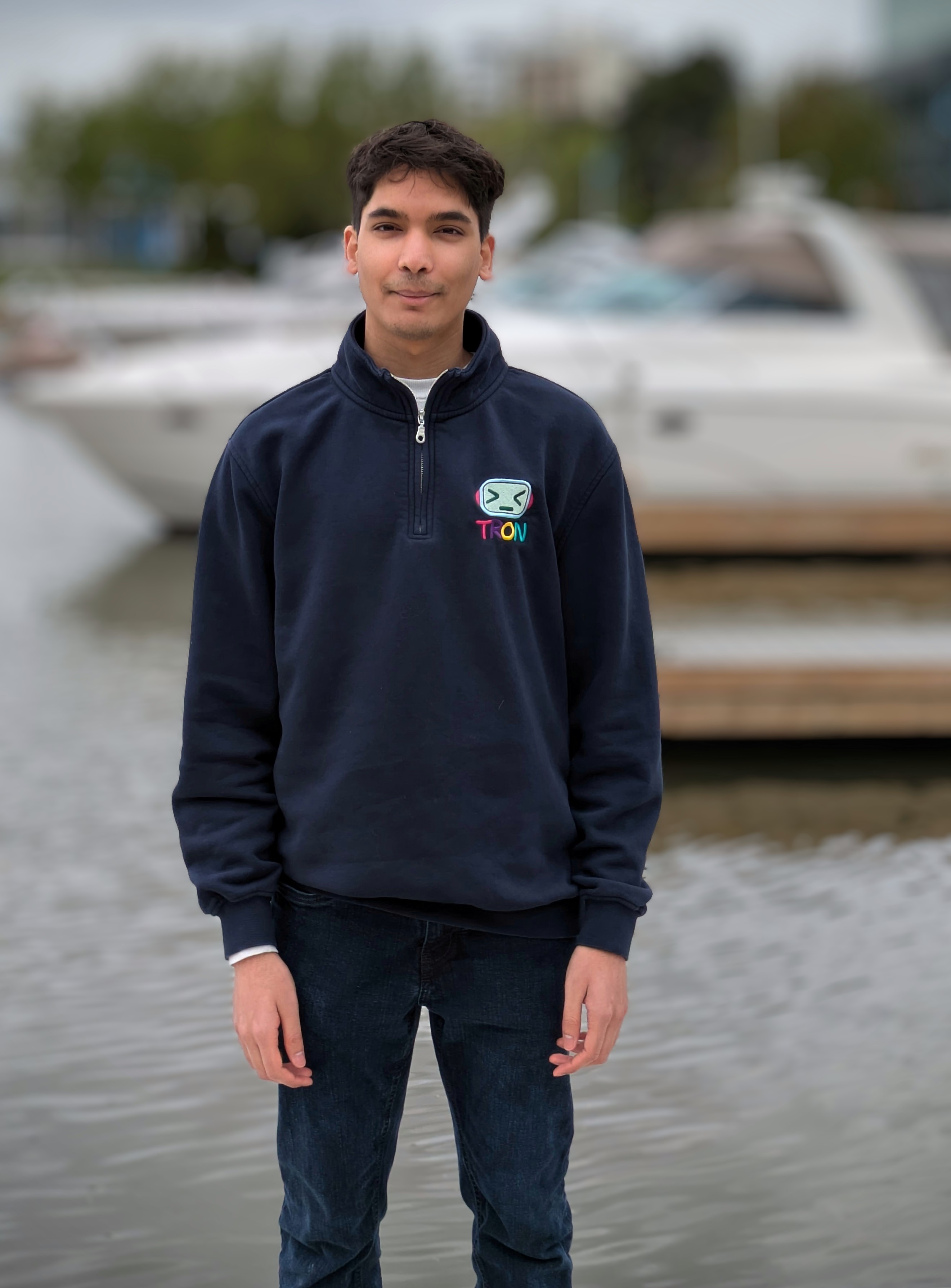
Dhilan Teeluckdharry is an undergraduate student in Mechatronics Engineering at McMaster University. His research explores evolutionary robotics, with a focus on using the Tangled Program Graphs algorithm to evolve robot controllers within a custom simulation framework.
Lab Alumni

Lihao Bi is a master’s student at McMaster University. His research focuses on developing meta-heuristic neural networks and creating
hybrid algorithms that combine evolutionary methods with neural networks. At Shanxi University, he worked on improving depth image accuracy and enhancing 3D model textures using advanced image fusion techniques. He also has extensive industry experience, having worked with Lenovo, Google, and various research institutes. His focus has been on distributed systems, the CUDA framework, and computational acceleration.
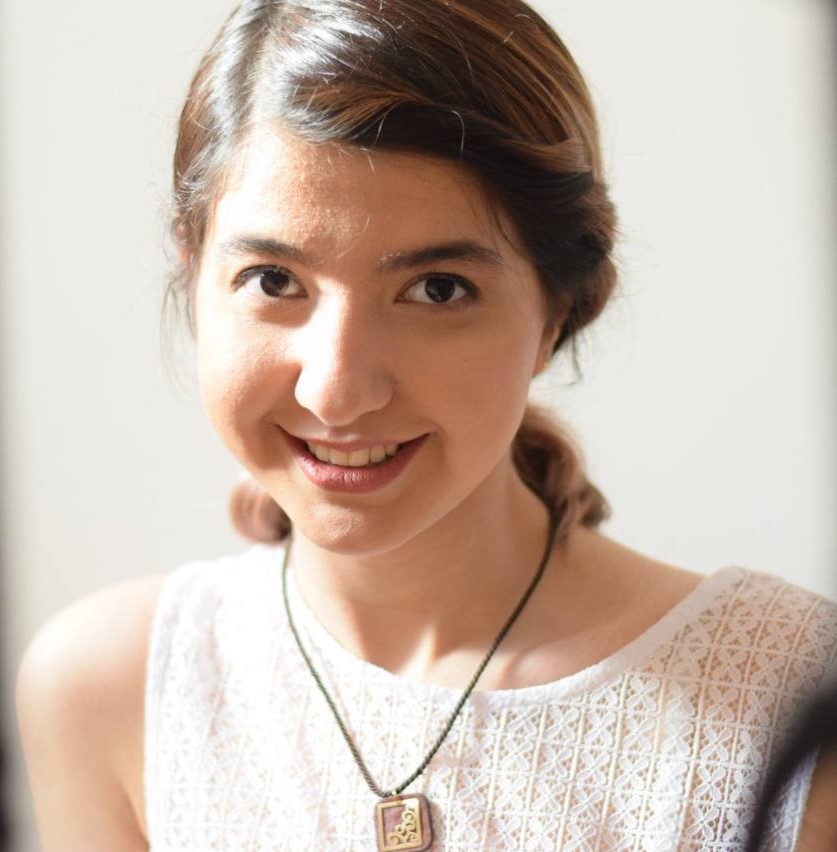
Tanya Djavaherpour received her Master’s in Computer Science at McMaster University, where she is researching the potential of Tangled Program Graphs (TPG) as a memory mechanism to enhance Deep Reinforcement Learning (DRL) systems. Her research aims to contribute to the development of more robust and efficient AI models capable of learning and adapting in dynamic environments. She holds a Bachelor’s degree in Computer Engineering from Amirkabir University of Technology (Tehran Polytechnic). She is eager to make a positive impact on society through technology.
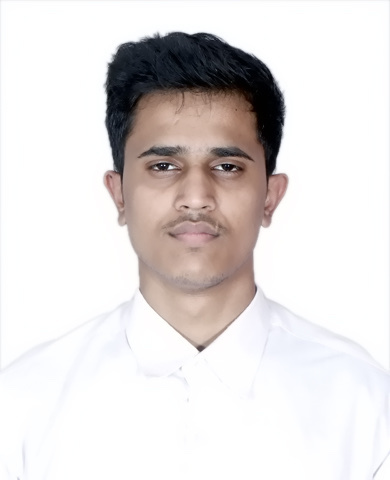
Pawan Kumar received his Master’s in Computing and Software at McMaster University. His research interests include deep learning and evolutionary computation. He has published work on gesture-controlled systems and using machine learning to recognize different species.
Pawan is experienced in various programming languages and frameworks, including TensorFlow and PyTorch, and he aims to develop
practical and innovative software solutions.

Ecem Heywood is an Electrical Engineering Co-op student at McMaster University. She has previous research experience working
on environment detection in robotics using reinforcement learning strategies such as Q-learning. Continuing with her passion for robotics
and creative learning algorithms, she researched artificial life by designing and developing a program that converts 2D images to 3D
organisms using Conway’s Game of Life. She also worked on enhancing active learning in embedded systems by designing and developing
Braitenberg Vehicles.
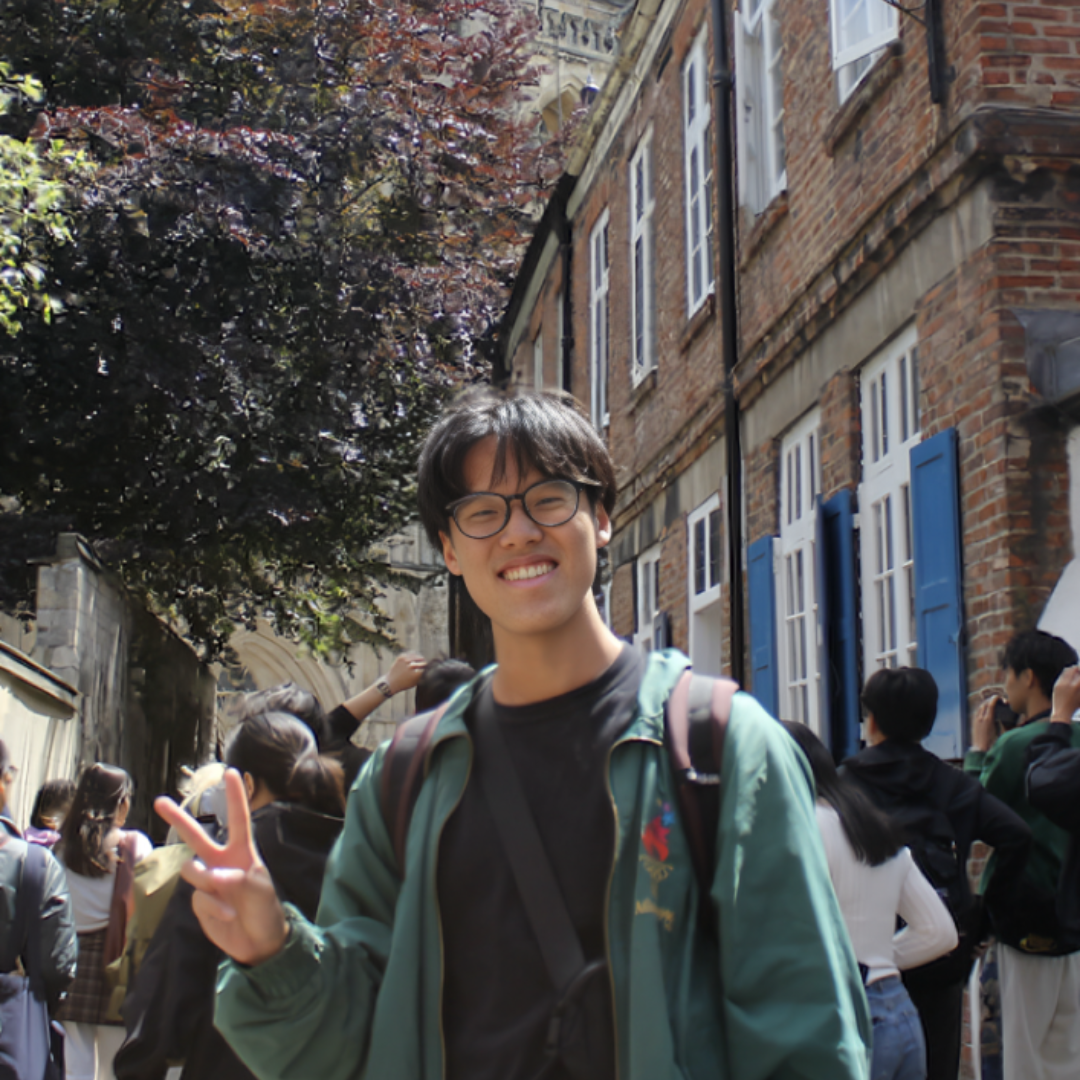
Sky Quan is an undergraduate student at McMaster University studying computer science. Sky’s research included implementing a Genetic
Programming (GP) approach to optimize control tasks in different environments, specifically focusing on evolving solutions for the partially
observable pendulum task and mountain car task using Distributed Evolutionary Algorithms in Python (DEAP) and the Gymnasium library. In
the future, Sky plans to complete a master’s degree focused on studying different techniques for optimization and problem solving.
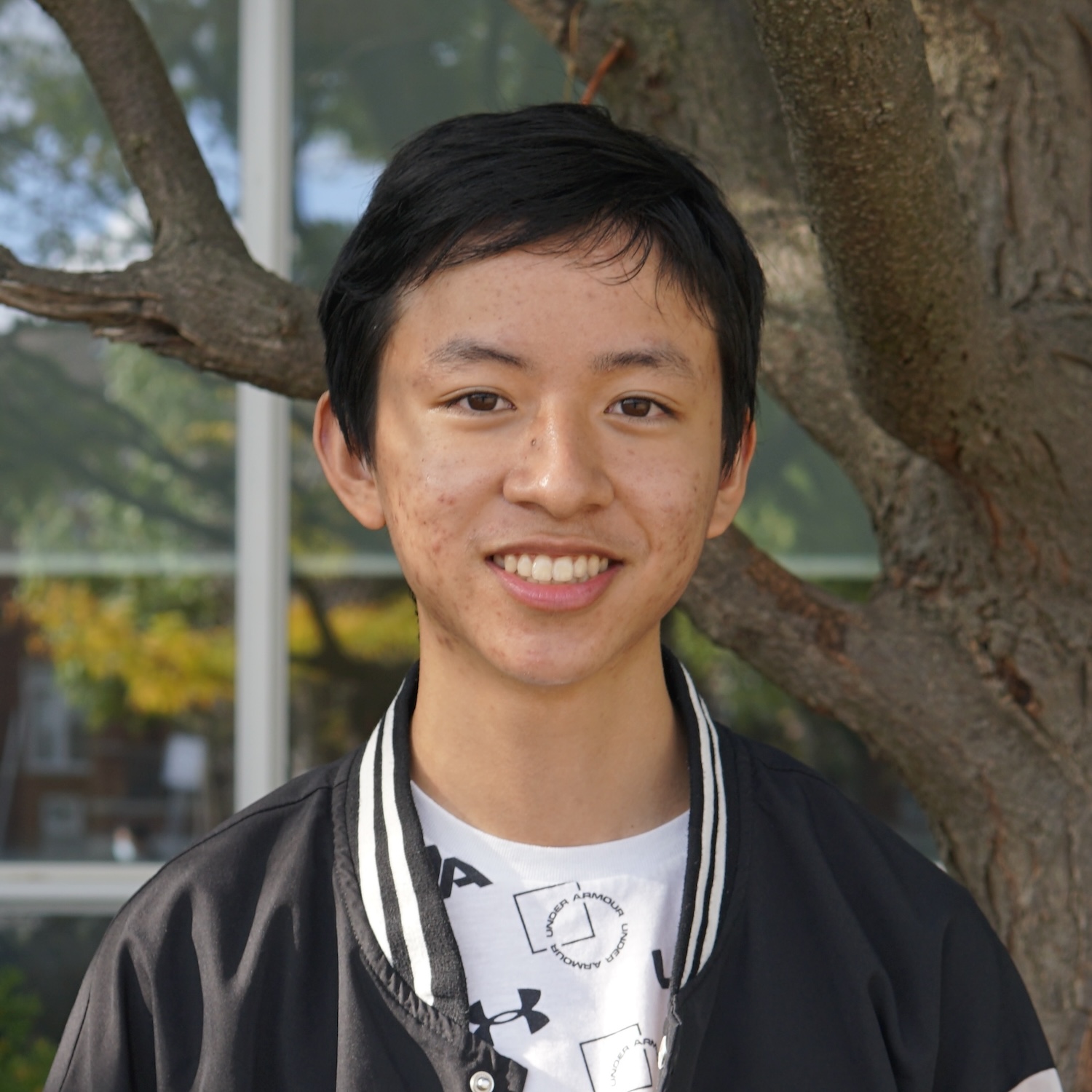
Eddie Zhuang is an undergraduate student at McMaster University studying computer science. Eddie’s research involved decreasing the computational complexity of evolving Tangled Program Graphs on classic reinforcement learning tasks. His approach focused on estimating fitness values using phylogenetic data. He also worked on streamlining the experimental process by integrating Comet ML, a cloud-based experiment tracking platform.